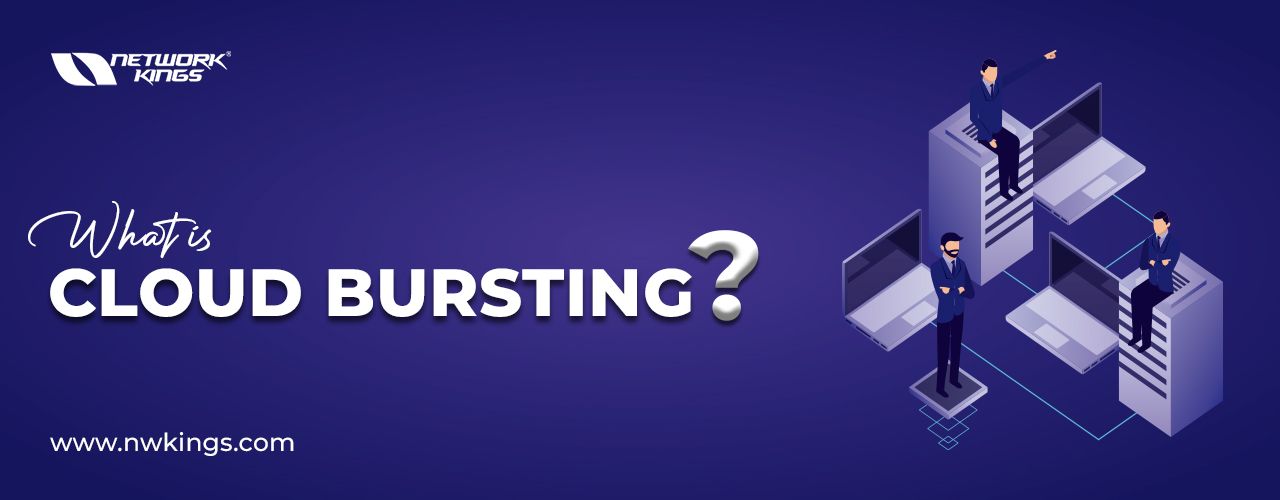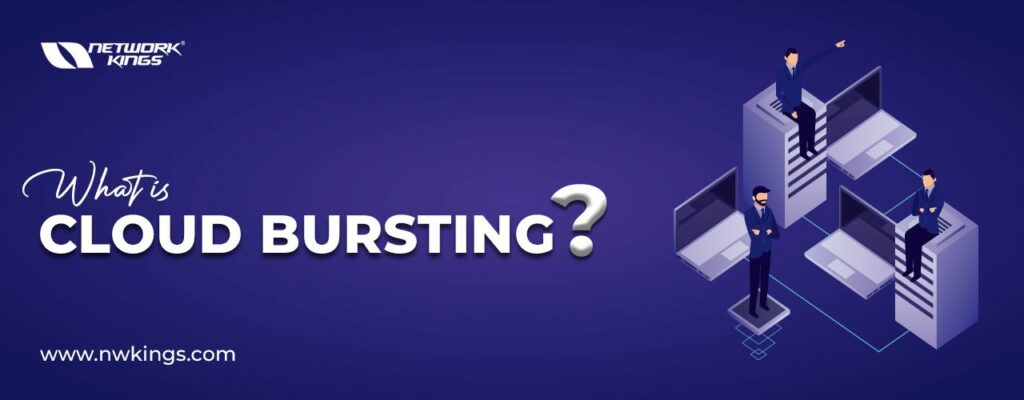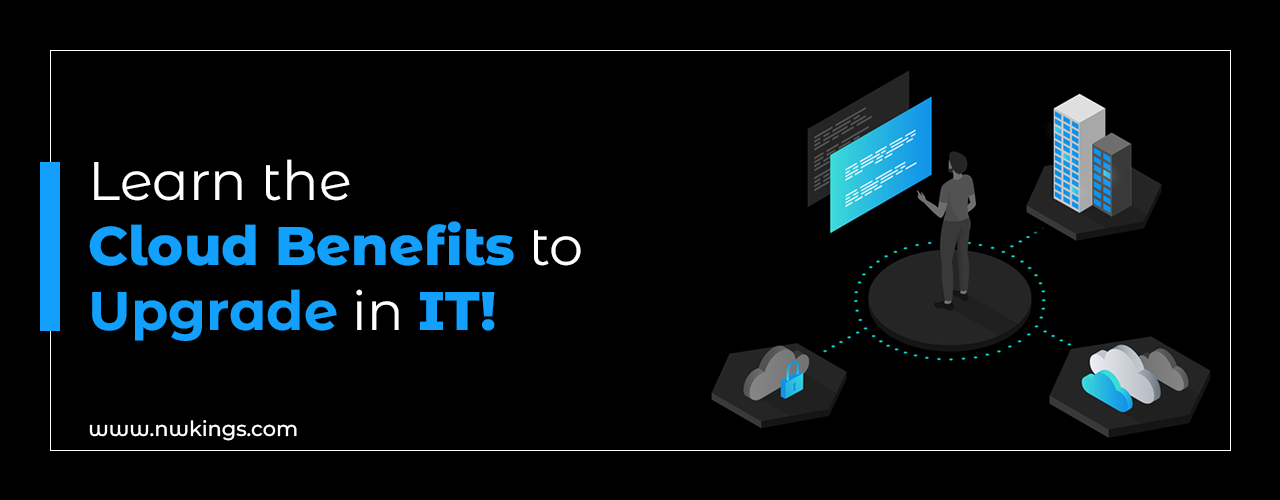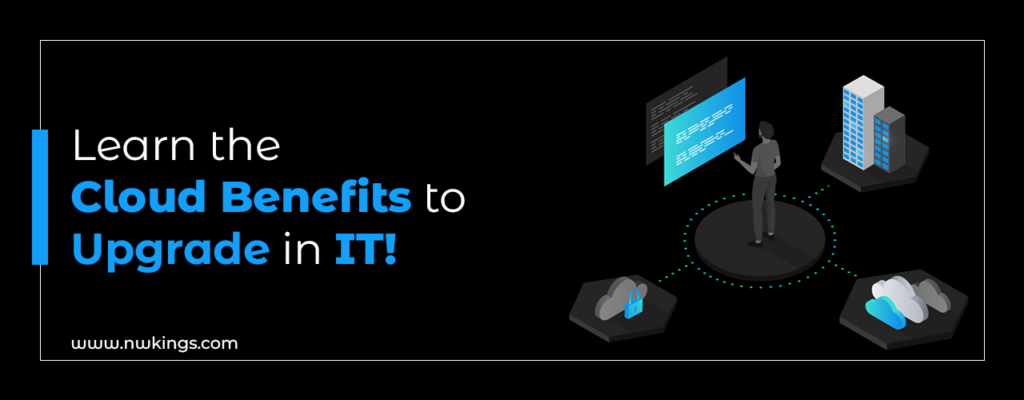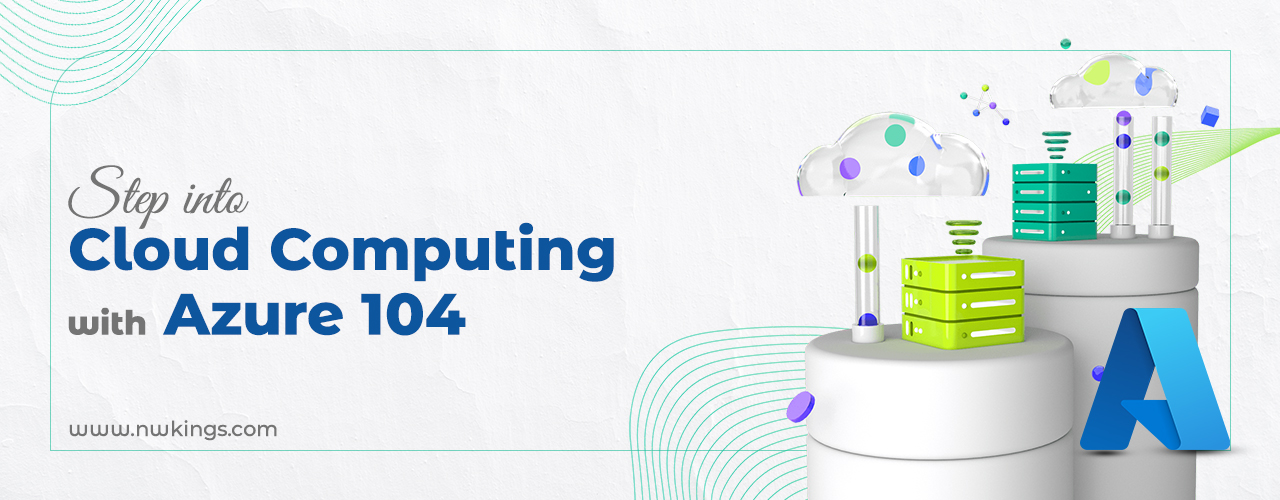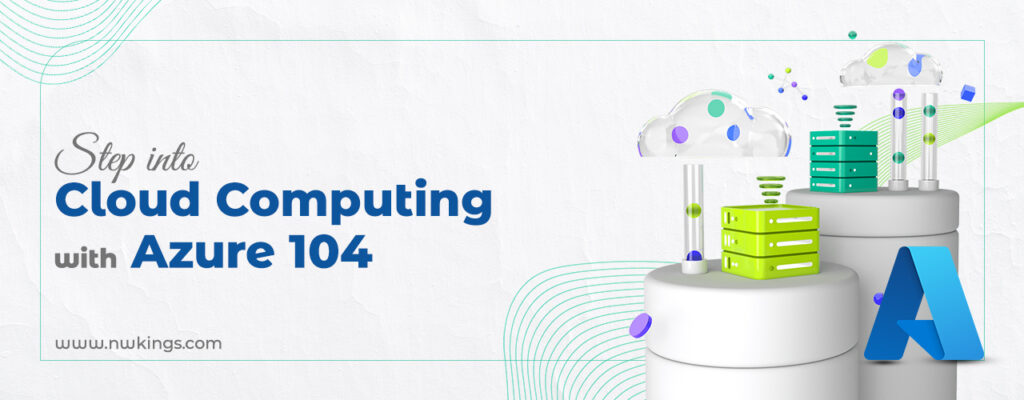
Are you also looking for a golden opportunity which can help you boost your career in the field of engineering? Have you also recently completed your graduation? If yes, this blog is for you. Here, we will learn about AWS online course and how this can magnify your career in the market.
But, before that, let’s learn the basics of Cloud, i.e. what it is and how it works. To get detailed information about AWS online course, continue reading the blog till the end.
What is the AWS Online Course?
Amazon Web Services also known as AWS is a professional course offered by Amazon on Cloud Computing Services. The AWS Certified Solutions Architect Associate Certification course is a beginner-level course which helps to enhance a student’s knowledge of cloud computing services and deals with designing, deploying, and evaluating applications on AWS within diverse and complex requirements of the softwares or systems.
What is the Scope of AWS Certification?
The scope of AWS Certification is broad and promising in the current job market. With the increasing adoption of cloud computing, particularly AWS services, the demand for professionals with AWS Certifications is on the rise. Here are some aspects of the scope of AWS Certification:
Job Opportunities:
AWS Certification opens up various job opportunities in cloud architecture, cloud development, cloud operations, and other related roles.
Salary:
Certified AWS professionals often command higher salaries compared to non-certified counterparts due to their specialized skills and expertise.
Career Growth:
AWS Certification can pave the way for career advancement and progression in cloud computing and related fields.
Industry Recognition:
Employers recognize and value AWS Certifications as proof of an individual’s proficiency in working with AWS services.
Global Demand:
AWS is a globally recognized cloud platform, which means that AWS Certified professionals are in demand worldwide.
Specializations:
AWS offers various specializations within its certification paths, allowing professionals to focus on specific areas like security, machine learning, or database management.
Overall, the scope of AWS Certification is promising for individuals looking to establish a career in cloud computing or enhance their existing skills in this rapidly growing field.
What is the significance of the AWS Certification in the job market?
Obtaining an AWS Certification holds significant importance in the job market as it validates an individual’s expertise in Amazon Web Services (AWS) cloud computing platform. It demonstrates a person’s skills in designing, deploying, and operating applications and infrastructure on AWS. Employers often look for candidates with AWS Certifications to ensure they have the necessary knowledge and skills to work effectively with AWS services.
Having an AWS Certification can enhance job prospects, increase earning potential, and open up opportunities in various roles related to cloud computing and AWS.
What is the exam format of AWS Certification?
A detailed explanation of the exam format of ASW certification is as follows:-
Exam Name AWS Certified Solutions Architect – Associate exam
Exam Code SAA-C02
Exam Level Associate
Exam Duration 130 minutes
Total Questions 65
Exam Format MCQs and Multiple Response
Exam Cost 150 USD
Passing Score 720 out of 1000
Exam Language English, French, German, Italian, Japanese, Korean, Portuguese, Chinese and Spanish
Testing Center Pearson Vue
What are the eligibility criteria to apply for the AWS online course?
- One of the basic requirements to apply for the AWS certification training is graduation; a candidate must have a bachelor’s degree in the field of engineering.
- A candidate should have a basic understanding of the IT industry
- One must have some basic understanding and knowledge of Amazon.
- Understanding Cloud Services is also one of the other requirements to apply for the AWS exam.
- A candidate should have a basic knowledge of the fundamentals of Infrastructure management and building.
What are the job prospects available after getting the AWS certification?
The job prospects available after getting the AWS certification are as follows-
- Cloud Solutions Architect
- Cloud Developer
- Cloud DevOps Engineer
- Cloud Security Engineer
- Cloud Network Engineer
- Cloud Database Administrator
- Cloud Data Engineer
- Cloud Machine Learning Engineer
- Cloud IoT (Internet of Things) Engineer
- Cloud Big Data Engineer
- Cloud Migration Specialist
- Cloud Operations Manager
- Cloud Consultant
- Cloud Sales Executive
- Cloud Trainer/Instructor
- Cloud Support Engineer
- Cloud Project Manager
- Cloud Compliance Analyst
- Cloud Cost Optimization Specialist
- Cloud Solutions Architect Manager
What is the expected salary that a candidate can get after getting the AWS certification?
A high skill set means a high salary. Therefore, below is a detailed list of the expected salary a candidate can get after getting recognition for the AWS online course-
- United States: USD 80,000 – USD 180,000 per year
- Canada: CAD 85,000 – CAD 150,000 per year
- United Kingdom: GBP 40,000 – GBP 90,000 per year
- Australia: AUD 90,000 – AUD 150,000 per year
- United Arab Emirates: AED 90,000 – AED 250,000 per year
- Singapore: SGD 70,000 – SGD 140,000 per year
- Germany: EUR 50,000 – EUR 120,000 per year
- France: EUR 45,000 – EUR 100,000 per year
- India: INR 500,000 – INR 1,800,000 per year
- Japan: JPY 5,000,000 – JPY 12,000,000 per year
- China: CNY 120,000 – CNY 350,000 per year
- Brazil: BRL 50,000 – BRL 150,000 per year
- Mexico: MXN 350,000 – MXN 800,000 per year
- South Africa: ZAR 300,000 – ZAR 700,000 per year
- Nigeria: NGN 7,000,000 – NGN 20,000,000 per year
How to choose the right career expert to prepare for the AWS online course?
The best way to choose the right career counsellor or expert is by researching. Research on various sites can help you to understand the platforms offering AWS certification courses with great benefits.
Network Kings is also considered one of the best ed-tech platforms. Well, their tagline says it all “Learn From The Experts”. They are famous for providing live interactive sessions with pre-recorded videos to their students. They also provide access to virtual labs 24 by 7 with zero downtime helping you gain hands-on experience easily.
What is the scope of AWS certification in the future?
The scope of AWS certification in the future is bright like a star as the brand Amazon is spreading itself more and more all around the world. There are a wide number of options available in the AWS online course which can boost your career potential and makes you a successful engineer in life.
What are the advantages of the AWS online course?
The advantage of the AWS online course and certification is that a student can learn from the comfort of their living room by attending live online classes or by listening to pre-recorded lectures on a specific topic. The certification also helps a student to enhance their technical skills which are required in the IT industry.
AWS certification helps you to build a successful career with a high pay scale in the market. Therefore, a student who wants to explore the world of cloud computing can enroll for the AWS online course.
Conclusion!
AWS certification is the professional certification offered by Amazon in the field of cloud computing. In this blog, read the basics of cloud computing, job prospects, salary offered, scope and tips & tricks to crack the interview. I hope the information will help you understand the AWS certification easily.
All the best for your future…..


